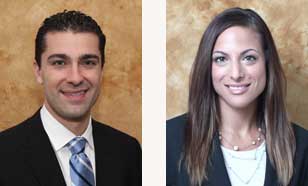In Carroll v. Philip Morris USA, C.A. No. 03C-08-167 (January 2, 2014), the Delaware Superior Court reminded litigants of the need to be prepared to confront the testimony of unavailable witnesses, not just witnesses expected to testify live. Generally, a witness’s out-of-court statements would constitute hearsay, defined as out-of-court statements offered in evidence to prove the truth of the matter asserted, and would be inadmissible. However, the numerous exceptions to the exclusion of hearsay are well established, including situations when a witness is unavailable. As Carroll shows, the application of the unavailability exception can be unpredictable and, sometimes, surprising.
Unavailability can take many forms, including the “former testimony” exception, which is a subcategory of the unavailability exception to the hearsay rule. The former-testimony exception applies to the testimony of an unavailable witness who had previously been available and had testified in other matters. In order for such testimony to be admissible at another hearing of the same or a different proceeding, “the party against whom the testimony is now offered, or … a predecessor in interest” must have had a prior “opportunity and similar motive to develop the testimony by direct, cross or redirect examination,” per D.R.E. 804. This exception was held to apply in Carroll, where an expert witness, who was beyond the process of the court, refused to testify on behalf of the plaintiffs.
This content has been archived. It is available through our partners, LexisNexis® and Bloomberg Law.
To view this content, please continue to their sites.
Not a Lexis Subscriber?
Subscribe Now
Not a Bloomberg Law Subscriber?
Subscribe Now
LexisNexis® and Bloomberg Law are third party online distributors of the broad collection of current and archived versions of ALM's legal news publications. LexisNexis® and Bloomberg Law customers are able to access and use ALM's content, including content from the National Law Journal, The American Lawyer, Legaltech News, The New York Law Journal, and Corporate Counsel, as well as other sources of legal information.
For questions call 1-877-256-2472 or contact us at [email protected]



